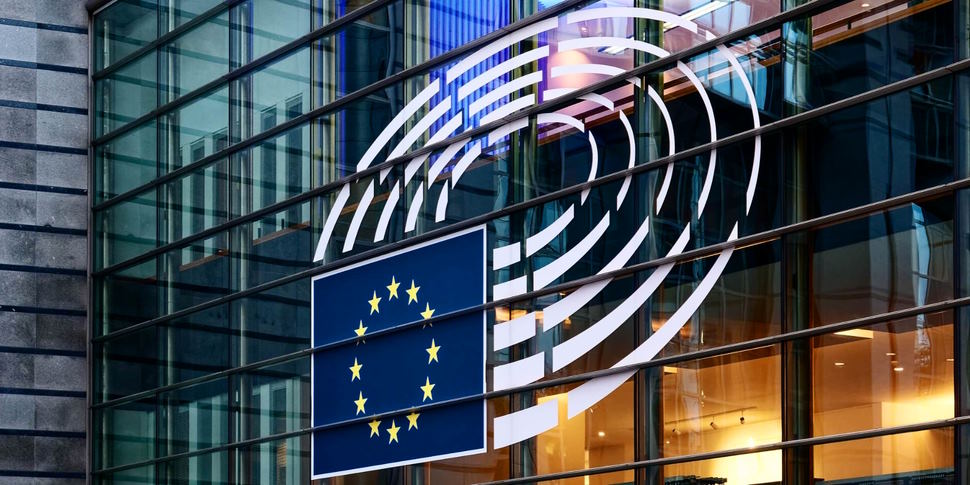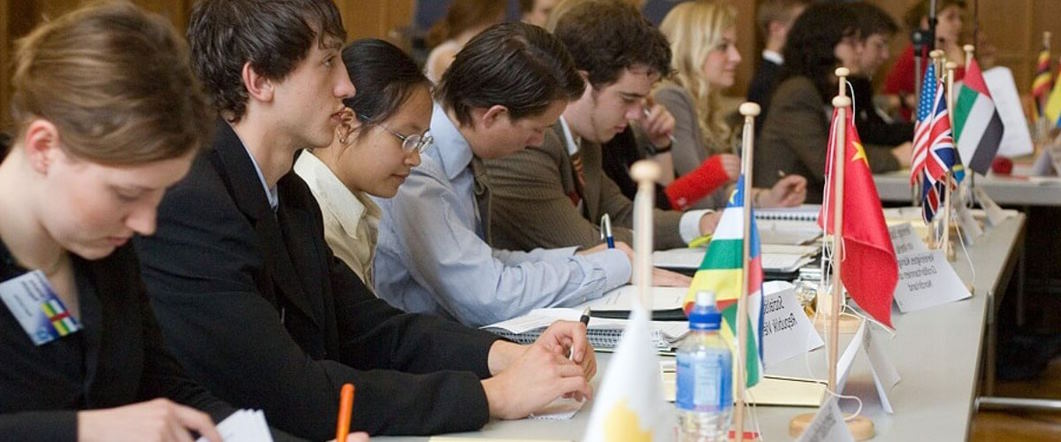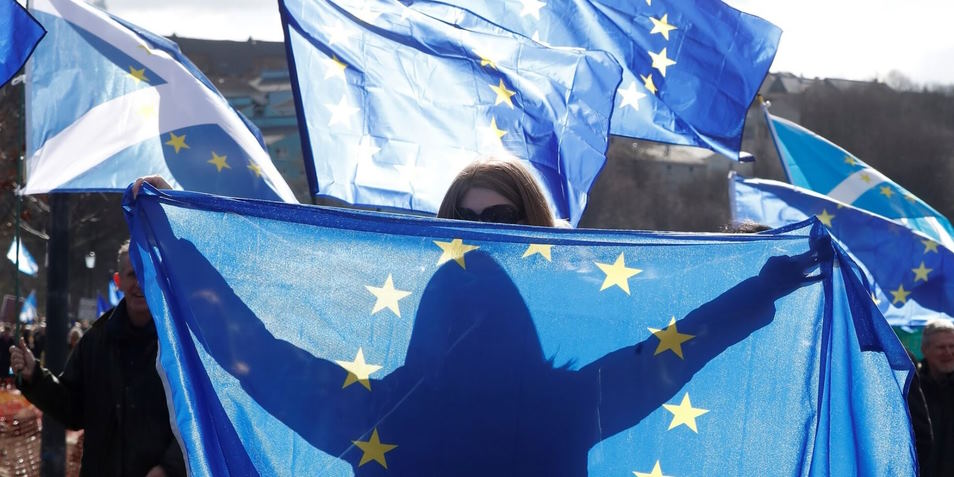The European Union is a unique political entity that has undergone significant changes. In recent times, the EU has faced many challenges highlighting modern politics’ complexities. From economic crises to migration policies and Brexit, the EU has been central to many heated debates and discussions.
The ongoing debate over sovereignty is one of the most significant issues facing the EU. Many countries within the EU are concerned about losing their national identity and sovereignty to the larger, more powerful EU institutions. This issue has been exacerbated by the rise of nationalist and populist movements across Europe, which have gained significant support in recent years. These movements often reject the EU’s vision of a united Europe and advocate for a return to traditional national identities.
Another significant challenge facing the EU is the question of immigration. The EU has struggled to develop a cohesive policy on immigration, with some member states advocating for stricter controls while others argue for more open borders. The refugee crisis of 2015 highlighted the need for a comprehensive EU-wide policy on immigration, but progress has been slow, with many member states reluctant to cede control over their borders.

Economic stability is another key issue facing the EU. The Eurozone crisis of 2008-2012 exposed deep economic fissures within the EU, with some member states struggling to cope with the demands of the common currency. The EU has since strengthened its economic institutions and provided more financial support to struggling member states. Still, the underlying problems of economic inequality and structural imbalances remain.
The issue of Brexit has also had a significant impact on EU politics. The decision of the UK to leave the EU in 2016 has caused significant upheaval and uncertainty, with many member states worried about the potential impact on trade and security. As a result, the EU has taken a tough stance on negotiations with the UK, arguing that any deal must protect the integrity of the EU’s institutions and prevent a “race to the bottom” on regulatory standards.
In conclusion, modern politics in the EU is a complex and ever-evolving landscape. From questions of sovereignty and immigration to economic stability and Brexit, the EU faces a multitude of challenges that require careful navigation and cooperation among member states. Yet, despite these challenges, the EU remains an important political entity that has the potential to shape the future of Europe and the world.





































